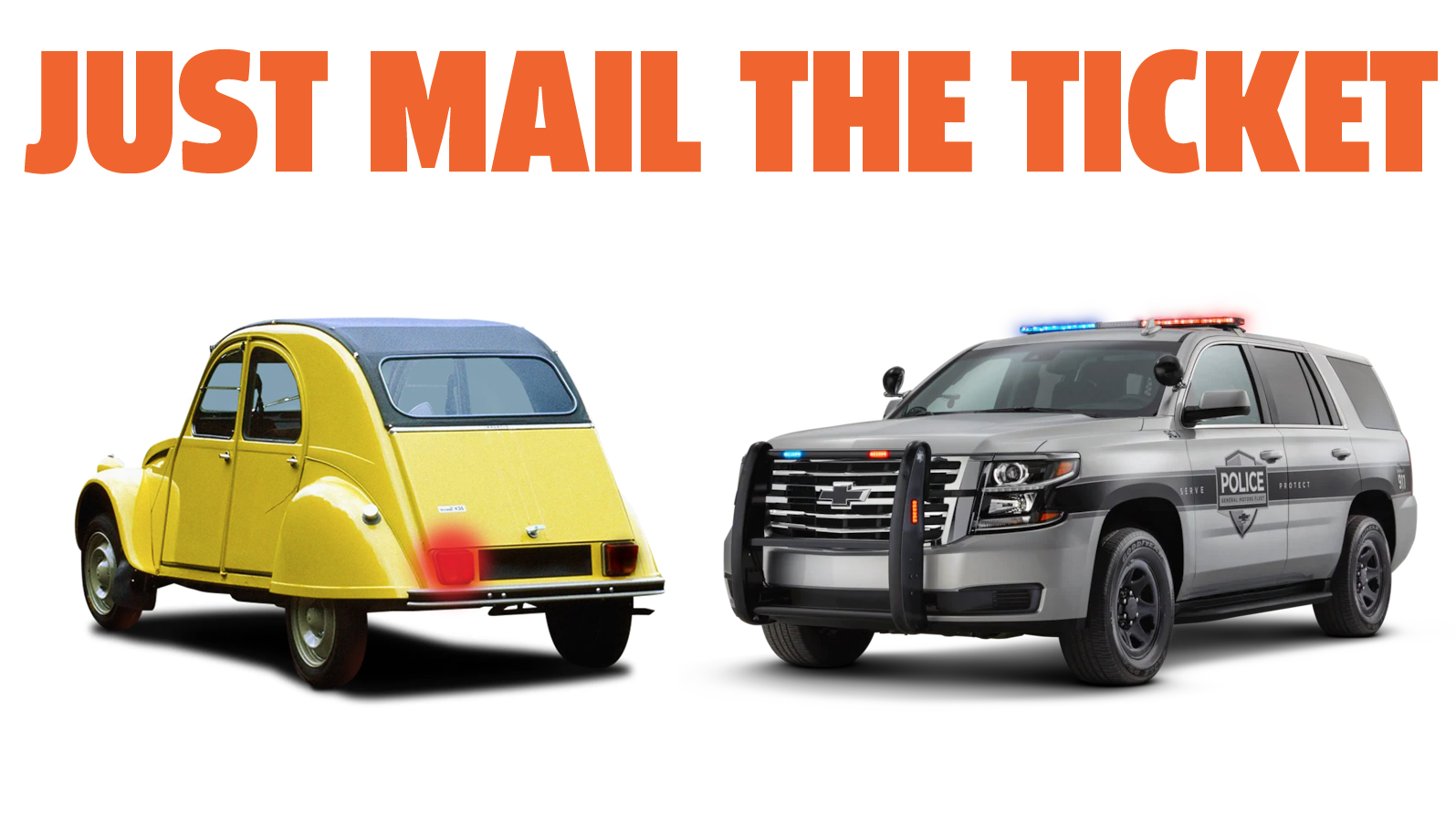Philadelphia Is Banning "Low Level" Traffic Stops And It's About Time
This seems like a pretty good idea. Who the hell wants more traffic stops?
One of the most common ways Americans interact with police is via traffic stops, and while they often go smoothly, I wouldn't say that's an interaction that either side craves to have more of. Philadelphia is on its way to having less of these interactions, since their mayor, Jim Kenney, issued an executive order that would ban officers from pulling over cars for offenses known as "secondary violations." Stuff like having one brake light out, or an expired registration. These sorts of stops have a history of abuse, especially to minority drivers. Really, is anyone going to miss getting stopped by cops more?
It's not like the infractions will just go unpunished; if you're driving around with a broken taillight or missing registration stickers or something like that, cops may still catch you, only instead of pulling you over, they'll run your license plate, get your information, and mail you your ticket.
Easy! Who needs the hassle and potential danger of hanging out by the side of an active road just to get a ticket you don't really want anyway handed to you?
The executive order bans stopping a car for any of the following:
-
Driving with a single broken brake light
-
Driving with a single headlight
-
Having a registration plate that's not clearly displayed, fastened, or visible
-
Driving without an inspection or emissions sticker
-
Bumper issues
-
Minor obstructions (like something hanging from a rearview mirror)
-
Driving without vehicle registration within 60 days of the observed infraction
"Bumper issues" is a nice, vague one that I suppose cops would use to stop people. "Your bumper seems depressed," they might say. Or maybe "that bumper thinks it's hot shit, when it's not."
Some police officers feel these stops are an effective way to uncover illegal drugs and weapons, but many critics feel the results are far more likely to be people being detained needlessly, or situations escalating to unfortunate confrontations, sometimes deadly.
It's clear that a primary objective of this law is to help rectify the disproportionate targeting of people of color for these sorts of traffic stops, but it seems like there's a benefit to all drivers. The infractions are still being dealt with, just without the hassle and potential for introducing new hassles and problems an actual traffic stop can cause, like stupid and dangerous car chases.
